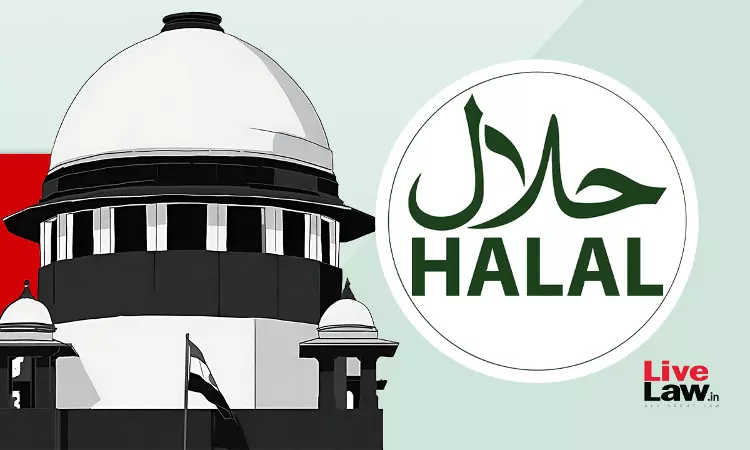The Supreme Court on Friday (January 5) issued notice in two pleas challenging the Uttar Pradesh government's ban on the manufacture, sale, storage and distribution of halal-certified products. A bench of Justices BR Gavai and Sandeep Mehta was hearing the writ petitions filed under Article 32 of the Constitution by Halal India Private Limited and Jamiat Ulama-e-Maharashtra challenging the...

